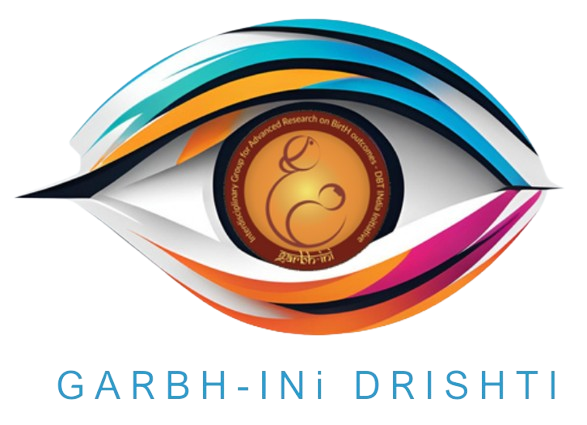GARBH-INi-DRISHTI

- 04 Feb 2025
In News:
India has made a significant stride in biomedical research and public health with three major developments led by the Translational Health Science and Technology Institute (THSTI) in Faridabad, Haryana.
Key Highlights:
India’s First Ferret Research Facility
- Inaugurated by: Department of Biotechnology (DBT), Ministry of Science & Technology.
- Location: NCR Biotech Science Cluster, Faridabad.
- Purpose: To bolster India's capacity in:
- Vaccine development
- Therapeutic testing
- Research on emerging infectious diseases like influenza, COVID-19, and tuberculosis.
- Significance:
- Strengthens India’s pandemic preparedness.
- Positions India among the select nations with advanced biosafety labs using ferrets—ideal models due to respiratory systems similar to humans.
Launch of GARBH-INi-DRISHTI Data Repository
- Platform: DBT Data Repository and Information Sharing Hub under the GARBH-INi program.
- Dataset Size: Over 12,000 pregnant women, newborns, and postpartum mothers.
- Developed by: THSTI with collaboration from top Indian research institutions and hospitals.
- Features:
- Comprehensive clinical data, medical images, and biospecimens.
- Secure, controlled access promoting ethical research.
- Facilitates predictive tools for preterm birth and maternal health complications.
- Utility:
- Empowers both national and global researchers.
- Informs maternal and neonatal health interventions.
- Supports evidence-based policymaking in public health.
- Program Genesis:
- GARBH-INi (2014): Interdisciplinary initiative to understand preterm birth risks—biological and non-biological.
- Part of: Atal Jai Anusandhan Biotech Mission under the UNaTI initiative.
Technology Transfer Agreement with Industry
- Agreement Between: THSTI and Sundyota Numandis Probioceuticals Pvt. Ltd.
- Technology Transferred:
- Lactobacillus crispatus, a genetically defined synthetic microbial consortium.
- Isolated from reproductive tracts of Indian women enrolled in GARBH-INi.
- Applications:
- Nutraceuticals and probiotics for reproductive health.
- Potential treatments for vaginal infections and urinary tract infections (UTIs).
- Significance:
- Promotes microbiome-based interventions.
- Bridges lab-to-market gap, boosting the biomanufacturing ecosystem.
Strategic Implications for India
- Scientific Diplomacy & Global Standing: With cutting-edge facilities and open data-sharing platforms, India emerges as a key player in global biomedical research.
- Public Health Impact: Supports targeted, data-driven maternal health policies and pandemic response frameworks.
- Innovation Ecosystem: Reflects the convergence of academic research, industry collaboration, and translational science.
